
About the Program
"Establishing extra-terrestrial standards of clinical excellence."
The Baylor College of Medicine – Massachusetts General Hospital Space Medicine advanced specialty training program is a jointly administered program leading the charge to bring terrestrial standards of care to the extraterrestrial environment.
The two-year program for Emergency Medicine residency graduates is designed to train experts in clinical care, risk management, medical system design, research, and operational considerations supporting human activities in space.
Additionally, it is our firm belief that one must first be an outstanding terrestrial doctor to practice outstanding Space Medicine. To that end both campuses protect time for fellows to maintain clinical competency.
The program is administered by the Departments of Emergency Medicine at BCM and MGH as well as the Center for Space Medicine at Baylor College of Medicine. It is sponsored by the Translational Research Institute for Space Health, The Departments of Emergency Medicine at BCM and MGH, and commercial spaceflight partners.
Curriculum and Experiences
|
Area of Focus |
Percentage of Training Time |
|
Space Medicine Operations |
50% |
|
Engineering Systems Design |
30% |
|
Austere and Extreme Environment Emergency Care |
7% |
|
Space Analogue Simulation Training |
4% |
|
Space Crew Screening, Health Maintenance, and Reconditioning |
4% |
|
Electives and Vacation |
5% |
Research Experience
TRISH is a research consortium led by Baylor College of Medicine along with MIT and Caltech. TRISH funds projects aimed at solutions to emerging problems in human spaceflight. Fellows collaborate with TRISH's established research framework within cutting-edge opportunities in the field of human spaceflight research.
Affiliated Institutions
- Baylor College of Medicine Department of Emergency Medicine
- Baylor College of Medicine Center for Space Medicine
- Massachusetts General Hospital Department of Emergency Medicine
- Massachusetts General Hospital Division of Space, Ecological, Arctic, and Resource-limited (SPEAR) Medicine
- Massachusetts Institute of Technology
- Translational Institute of Space Health
- Space Exploration Technologies (SpaceX)
- Johns Hopkins University Division of Bioastronautics
Administration
Baylor College of Medicine Campus
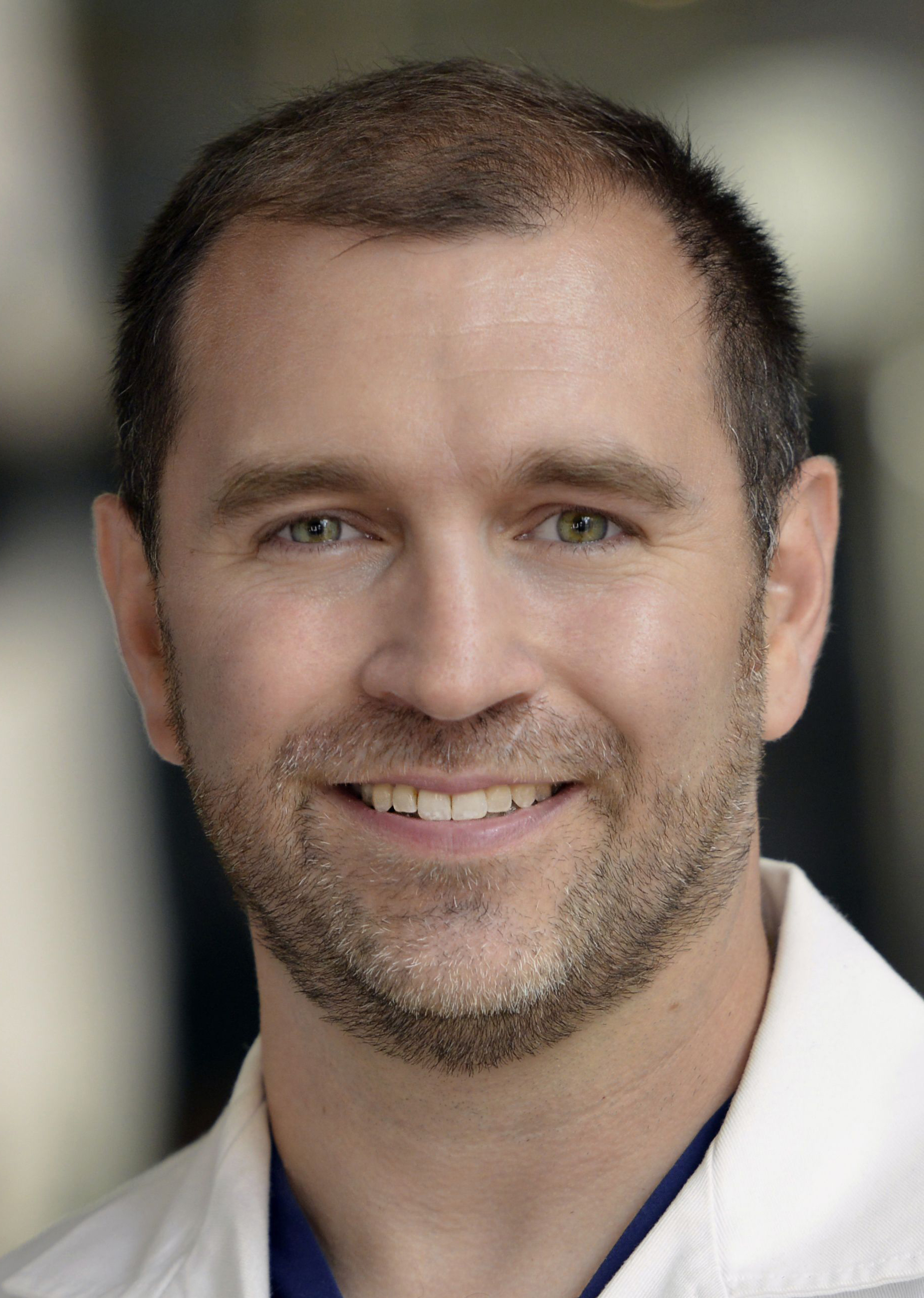
Dr. Antonsen is board certified in Emergency Medicine with a Ph.D. in Aerospace Engineering.
Before serving as program director he was the Element Scientist for Exploration Medical Capabilities for NASA's Human Research Program and the Director of NASA's Human Systems Risk Board at Johnson Space Center.
His expertise as an engineer, medical doctor, clinical researcher, and academic physician is invaluable in guiding physicians to become experts in Space Medicine.
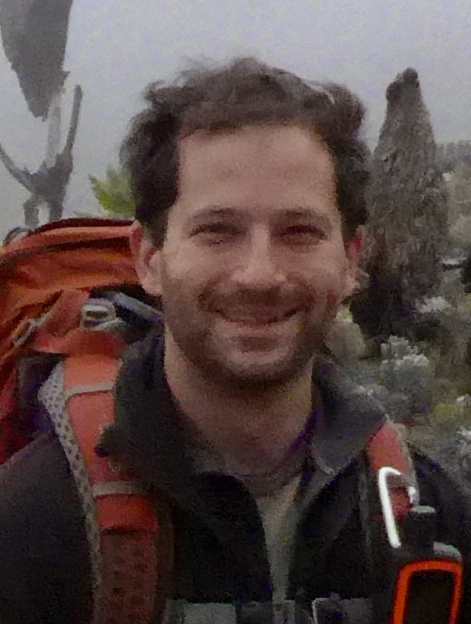
Dr. Levin is a graduate of the prestigious University of Texas Medical Branch Aerospace Medicine Residency and board certified in both Aerospace and Emergency Medicine.
He has worked as the Systems Engineering and Integration Physician for NASA's Human Research Program Exploration Medical Capability Element, as a physician for NASA's Commercial Crew Program, and currently for KBR under the Human Health and Performance Contract with UTMB on risk assessment and medical systems development for NASA's Earth Independent Medical Operations.
He has supported numerous extreme environment expeditions including the record breaking Equal Playing Field expedition to the summit of Mt. Kilimanjaro and the institute for Nautical Archeology Excavation of an ancient sailing vessel wreck 200 feet below the Mediterranean Sea.
His research interests include artificial intelligence applications for clinical decision support, Space Medicine education, and adapting procedural medicine techniques for zero-gravity environments.
Massachusetts General Hospital Campus
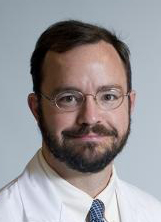
Dr. Harris is board certified in Emergency Medicine and the founder and chief of the MGH Division of Space, Ecological, Arctic, and Resource Limited Medicine (SPEARMed).
He is an Associate professor with Harvard Medical School and has worked on projects ranging from the Yukon-Kuskokwim Delta to Siberia, to to Alaskan Native Communities.
His research focuses on extreme environment physiology and supporting human health in the most challenging of environments.
Faculty
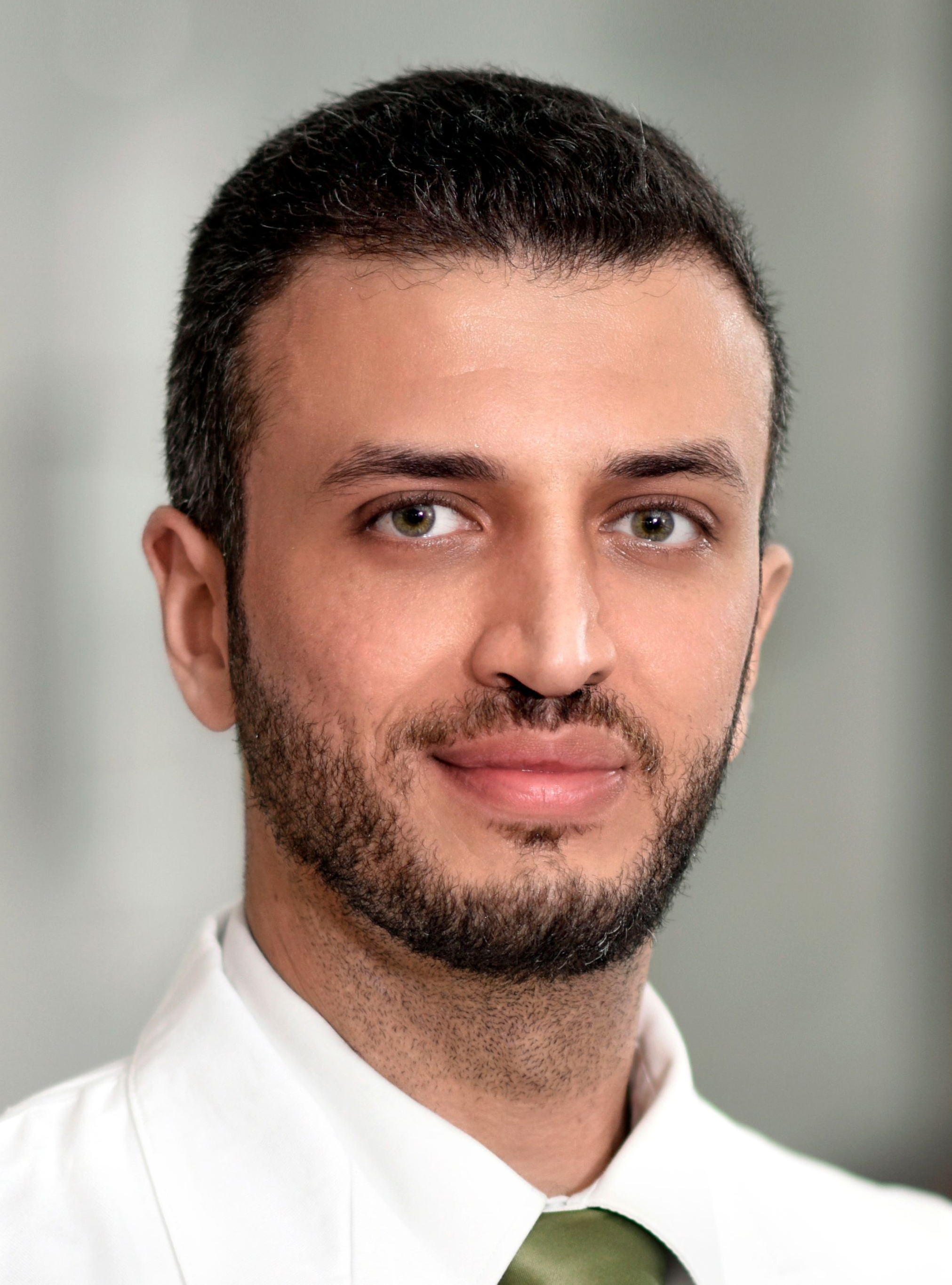
Assistant Professor Departments of Neurology,
Neurosurgery, and Center for Space Medicine
Section of Neurocritical Care and Vascular Neurology
Baylor College of Medicine
Dr. Hirzallah is board certified in Neurology and Neurocritical Care with masters degrees in Neuroscience and clinical research, and training in Wilderness and Marine Medicine.
He is a coinvestigator on a NASA grant evaluating long-term neurological changes in NASA astronauts and multiple TRISH-sponsored grants evaluating the health and well-being of commercial astronauts.
His research interests include evaluating novel, non-invasive technologies in the ICU and spaceflight environments, including the use of eye tracking technology in the ICU, advanced applications of pupillometry, novel applications of telemedicine, optic nerve sheath diameter, and machine learning for ultrasound image analysis.
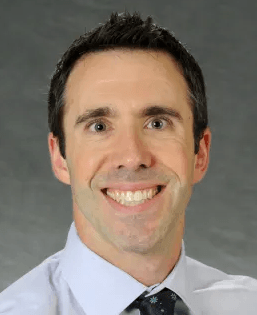
Associate Professor of Emergency Medicine
Associate Professor of Space Medicine
Departments of Emergency Medicine and Center for Space Medicine
Baylor College of Medicine
Dr. Kris Lehnhardt is an associate professor at the Baylor College of Medicine in the Center for Space Medicine and the Department of Emergency Medicine. He is also the Element Scientist for Exploration Medical Capability in the NASA Human Research Program at the NASA Johnson Space Center. Dr. Lehnhardt is board-certified in Emergency Medicine in both Canada and the U.S.A, and he serves as a medical specialist reservist in the Royal Canadian Air Force. His research interests are focused on the provision of medical care in extreme environments and the design of medical systems for space exploration.
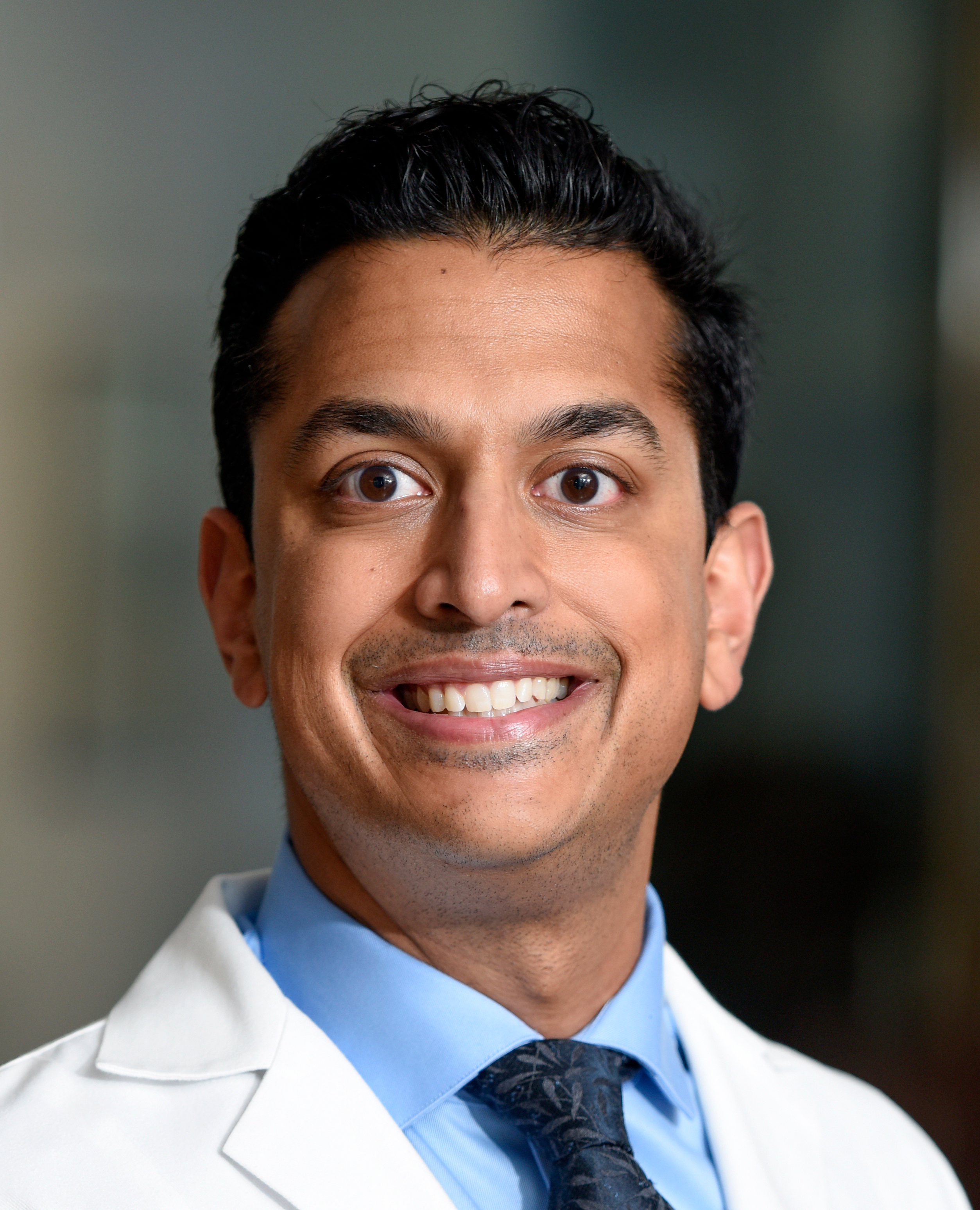
Dr. Padaki is board certified in Emergency Medicine and fellowship trained in Extreme Environmental Medicine. He has an undergraduate degree in bioengineering, a master's degree in physiology, and is completing additional training in management science and engineering. His research interests include medical education, aerospace medicine, and decision-making under conditions of stress and cognitive load.
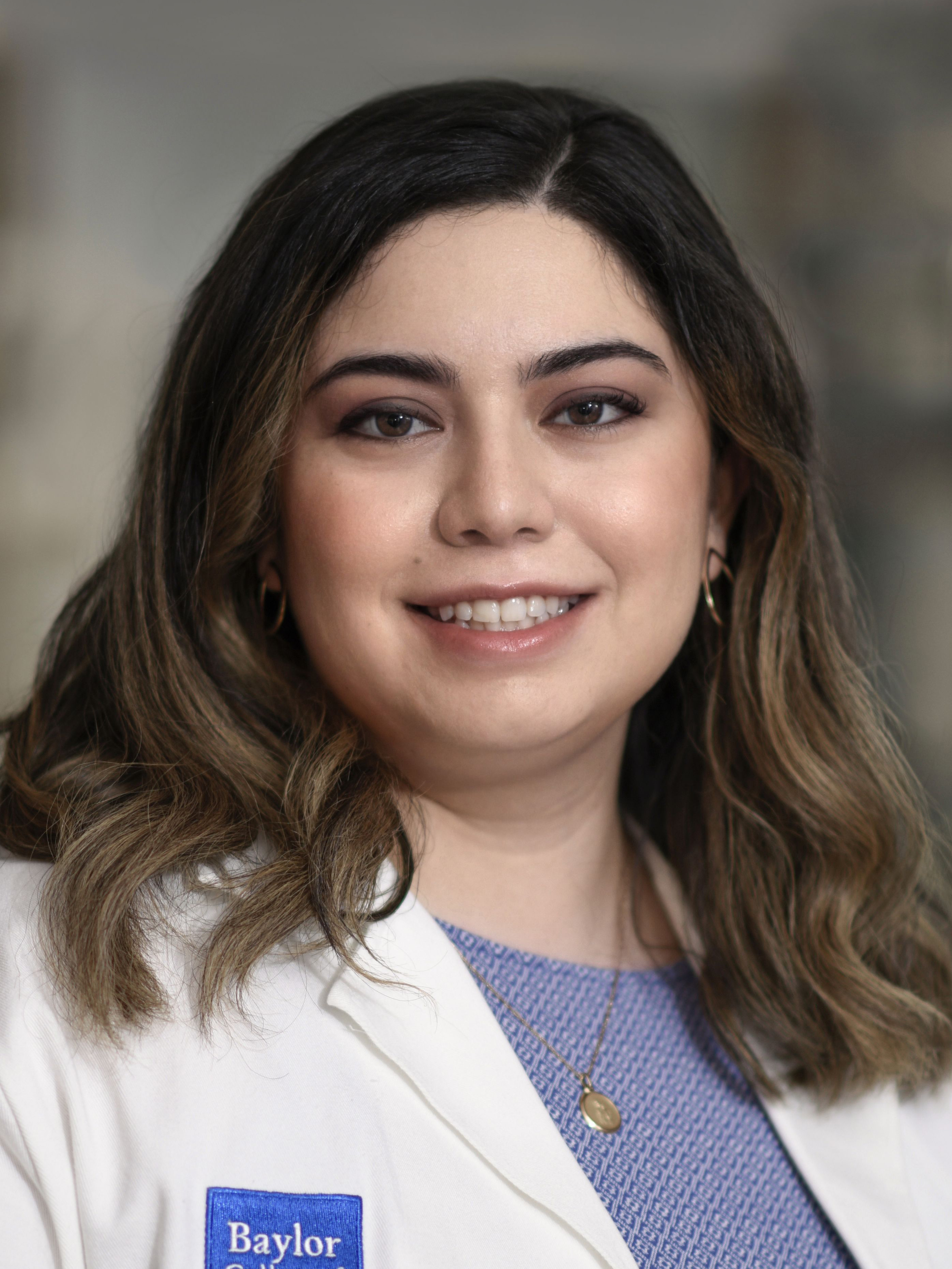
Assistant Professor of Emergency Medicine
Department of Emergency Medicine
Baylor College of Medicine
Dr. Ortiz is board certified in emergency medicine and a medical education fellow completing a Master of Education in the Health Professions through Johns Hopkins. Her research interests include curriculum and program development within space medicine, investigating educational needs within space medicine, researching clinical learning barriers, and has received funding for interprofessional simulation education through the Center of Diversity, Equity, and Inclusion.
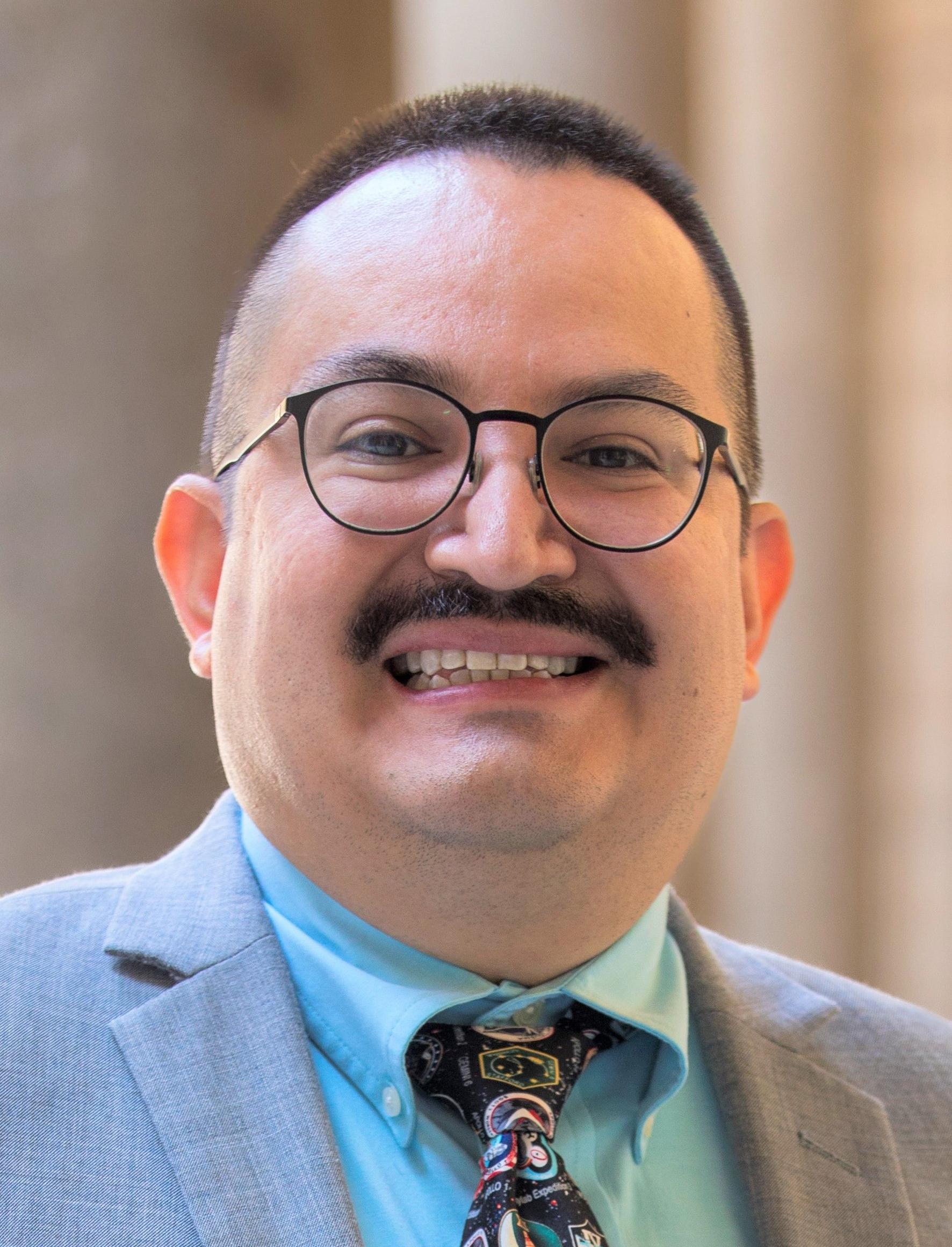
Chief Medical Officer
Translational Research Institute for Space Health
Assistant Professor
Department of Emergency Medicine and Center for Space Medicine
Baylor College of Medicine
Dr. Urquieta holds a medical degree and specialty in emergency medicine from Anahuac University in Mexico City, as well as a MS degree in aerospace medicine from Wright State University. As the chief medical officer of the Translational Research Institute for Space Health, he manages medical research for missions to the Moon and Mars, the commercial spaceflight program EXPAND, and analog capabilities including partnerships with the Australian Antarctic Division.
His past achievements include participating as a crew member of the Human Exploration Research Analog (HERA) XI mission, serving as a flight surgeon in rescue missions and aeromedical evacuations for the Mexico City Police Department's Helicopter Emergency Medical Service "Condors", and volunteering in medical missions throughout Mexico and Nigeria.
Current Fellows
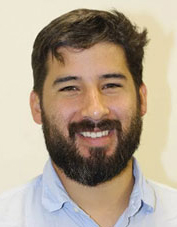
Space Medicine Fellow 2023-2025
Assistant Professor of Emergency Medicine
Department of Emergency Medicine
Baylor College of Medicine
Dr. Canepa is board certified in Emergency Medicine and a Fellow of the Academy of Wilderness Medicine. He completed an ultrasound fellowship and a wilderness medicine fellowship and has worked around the world, including Nepal, Saipan, and most recently, Alaska. His research interests include the use of portable ultrasound devices in remote environments.
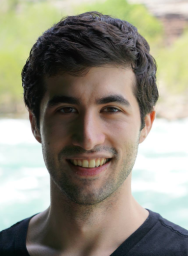

Dr. Chao is a current fellow with MGH SPEAR and Emergency Medicine attending at MGH. He completed medical school and emergency & internal medicine residency training at SUNY Downstate / Kings County Hospital in Brooklyn, NY. Before steering his path towards medicine, he received an undergraduate degree in business management and worked in the finance industry. Other interests include wilderness medicine.”
Requirements
- Graduation from an ACGME-accredited Emergency Medicine Residency
- Eligible for a Texas or Massachusetts state medical license
- Opportunities for non-US citizens exist. Please contact us for more details
Admissions
- Applications are now open through Nov. 1. Please download the form and submit all materials to spacemedicine@bcm.edu to apply. We look forward to hearing from you.
- Applicants must submit the application form, a current CV, and a personal statement describing your interest in Space Medicine.
- After screening, exceptional candidates will be invited for a virtual interview with program faculty and commercial partners.
- Applicants can expect to hear our decision by mid-December.
Note: We encourage interested parties to apply for state licensure early. It can take as long as 1 year to complete the process.








